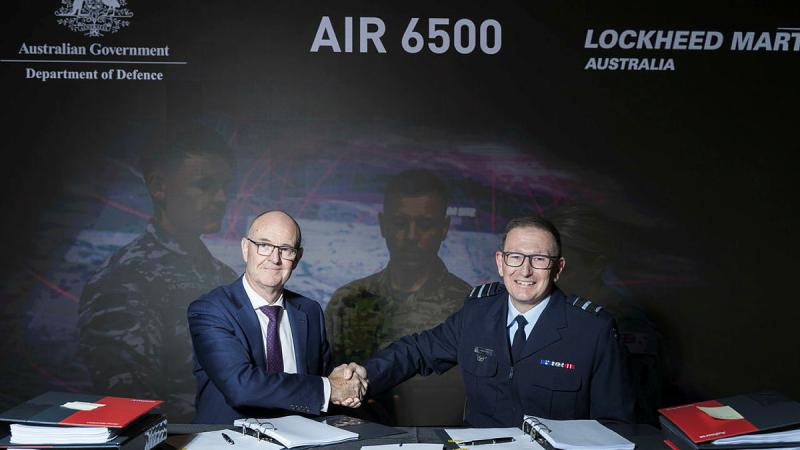Joint media release with the Hon Andrew Giles MP
The Government has taken immediate action to ensure community safety is protected in response to the High Court decision last Wednesday which overturned a 20-year precedent which had allowed the Commonwealth to detain non-citizens under certain circumstances.
The implication of this decision is that the Commonwealth must immediately release affected individuals from immigration detention. To be abundantly clear, the Commonwealth argued against the release of these people. We release them only because the law requires us to do so.
Starting well before the decision was handed down, our border protection and law enforcement agencies have been working to make sure that the toughest possible conditions are placed on these individuals.
In late October, prior to the Court’s final hearing, senior ABF officials briefed their local state and territory police counterparts on possible implications of the case.
Immediately following the High Court’s ruling, the AFP Commissioner briefed, in person, the Police Commissioner in each state and territory on the outcome of the High Court’s decision including expected numbers of individuals required to be released by the High Court in each jurisdiction.
On 10 November Operation AEGIS – a joint ABF-AFP Operation – was established, which is managing the overall response of federal agencies and state and territory police. This operation was established before any individuals other than the plaintiff in the High Court case had been released. This has ensured that people who are being released as required by the High Court, are moved into state and territory post-offending programs where appropriate. Each offender is being case managed and the AFP and ABF are providing updates on the joint operation to responsible Ministers.
As we have made clear, individuals required to be released by the High Court as a result of this decision have been subject to a range of strict, mandatory visa conditions. Such conditions include restricting types of employment, requiring regular reporting to authorities, and requiring released detainees to report their personal detail including their social media profiles, which we are actively monitoring.
Additionally, the Government has imposed daily reporting requirements for those with the most serious criminal history.
The Government will also continue to work around the clock with agencies and law enforcement to uphold the safety of our community.
This is in addition to any reporting requirements or orders imposed by State, Territory or Federal law enforcement agencies- which may place further restrictions on individuals required to be released by the High Court.
For example in one state, a person who has been placed on an Apprehended Violence Order is prohibited from residing at the family home, is not allowed within a certain distance from the protected person’s residence, work or school, and is not allowed to contact a protected person except through the use of a lawyer.
The Government’s proactive work to inform law enforcement, at all levels, of individuals required to be released by the High Court, has enabled states and territories to fulfil their obligations to keep the Australian community safe.
This was a decision of the Full Bench of the High Court declaring the detention unconstitutional. It cannot be overturned by the Parliament. However, as we have publicly stated, the Government is exploring further measures, including legislative and regulatory options, to ensure community safety as we work through the implications of the High Court’s decision noting the Court is yet to hand down its reasons.





